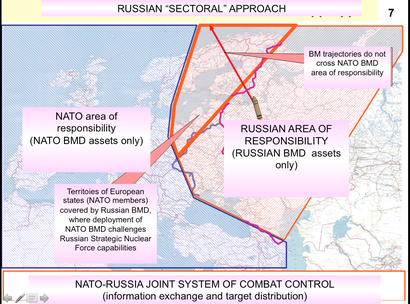Pakistani President Zardari has left Chicago without agreeing to allow NATO supply convoys through Pakistan to restart.
Zardari met with Secretary of State Hillary Clinton and raised a number of issues that are important to Pakistan. He said that before convoys can resume that the US must apologise for the cross border attack at Salala last year, which killed a number of Pakistani soldiers. He also said that US drone attacks against Taliban and other targets inside Pakistan must stop, as they violate Pakistani sovereignty and are causing political and social problems through the civilian casualties they bring. Finally, Pakistani sources said that the government wants $500 per truck compensation when convoys restart, although some sources have mentioned figures between $2500 and $5000 per truck.
Reports have said that the President framed these as issues of rebuilding trust:
NATO needs the Pakistani supply routes open now to save money, but in a few months time they will need them to bring soldiers and equipment out of Apkistan. Undoubtedly the price just went up steeply.
Zardari met with Secretary of State Hillary Clinton and raised a number of issues that are important to Pakistan. He said that before convoys can resume that the US must apologise for the cross border attack at Salala last year, which killed a number of Pakistani soldiers. He also said that US drone attacks against Taliban and other targets inside Pakistan must stop, as they violate Pakistani sovereignty and are causing political and social problems through the civilian casualties they bring. Finally, Pakistani sources said that the government wants $500 per truck compensation when convoys restart, although some sources have mentioned figures between $2500 and $5000 per truck.
Reports have said that the President framed these as issues of rebuilding trust:
In his nearly hour-long meeting with Clinton, Zardari said that the goal of establishing a long-term, sustained and durable Pakistan-US equation would remain elusive till the issue of trust deficit continues to haunt the relationship, said the presidential spokesman, Farhatullah Babar.
"Bridging the trust deficit, the president said, was a must for Pakistan re-joining counterterrorism cooperation with the international community," Babar said after the meeting between Zardari and Clinton on the sidelines of the NATO Summit in Chicago, which is being attended by leaders of more than 60 countries.Following the meeting with Clinton, President Obama refused to meet with President Zardari, as did NATO Secretary General Rasmussen. NATO Monitor cannot understand why they would do this. The Guardian reported the White House as saying this was normal:
The White House national security spokesman, Ben Rhodes, asked at a press conference if Zardari had gone to Chicago under the misconception he would see Obama, replied that Obama's schedule was busy. He said issues such as the reopening of supply lines were not normally dealt with at presidential level. Rhodes said: "The invitation to attend this summit was extended by Nato of course. We obviously supported that. It's important for Pakistan to be here because as we contemplate the future of the region, they are obviously going to be a part of that picture.Bringing the President of a country important to your war aims halfway round the world, only to refuse to meet him, can only be described as crassly bad diplomacy. It will weaken Zardari at home, and inflame anti-NATO and anti-US sentiment there. The US knew what the demands were before asking Zardari to fly to Chicago, so why were they so unprepared to meet them. Better that President Zardari had stayed home than this be the outcome.
NATO needs the Pakistani supply routes open now to save money, but in a few months time they will need them to bring soldiers and equipment out of Apkistan. Undoubtedly the price just went up steeply.


